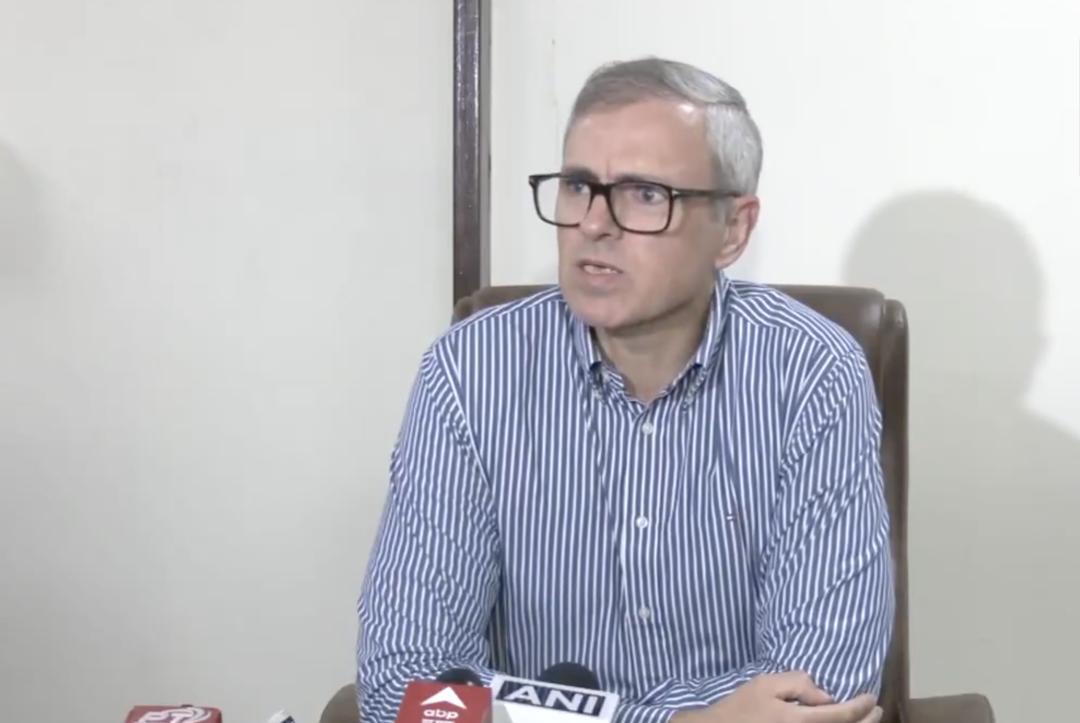
Why Should I Send Water to Punjab?: J&K CM on Canal Proposal
In a recent development, Jammu and Kashmir Chief Minister Omar Abdullah has expressed his reservations over a proposal to construct a 113 km-long canal to redirect surplus water from three western rivers of the Indus system in J&K to Punjab, Haryana, and Rajasthan. The canal, which is expected to cost around Rs 5,000 crore, is aimed at providing water to the parched regions of Haryana and Rajasthan. However, Omar Abdullah, the Chief Minister of J&K, has raised several questions over the proposal, including the need to divert water from the state to Punjab.
In a recent statement, Omar Abdullah said, “Why should I send water to Punjab? Punjab already had water under the Indus Waters Treaty.” He further added, “Did they give us water when we needed it?” The Indus Waters Treaty, signed in 1960, is a water sharing agreement between India and Pakistan, which allocates water from the Indus river system between the two countries. The treaty ensures that Pakistan receives a significant portion of the water from the Indus river system, leaving India with a smaller share.
Omar Abdullah’s concerns over the canal proposal are not without merit. The state of Jammu and Kashmir is already facing a severe water crisis, with many areas struggling to access clean drinking water. The state’s water resources are mostly dependent on the Indus river system, and any diversion of water to other states could further exacerbate the crisis.
Moreover, the canal proposal has raised concerns over the environmental impact of the project. The construction of the canal would require the displacement of thousands of people, destruction of agricultural land, and would also have a significant impact on the local ecosystem. The proposal has also been criticized by many environmental groups, who have raised concerns over the potential harm it could cause to the already fragile environment of J&K.
Another major concern is the financial burden that the state would face to construct and maintain the canal. The project is expected to cost around Rs 5,000 crore, which is a significant amount for a state that is already struggling to fund its infrastructure development projects.
In addition to the financial burden, the canal proposal has also raised concerns over the political implications of diverting water from one state to another. The proposal has been criticized by many as a form of “water imperialism,” where one state is forced to divert its water resources to another state without considering the impact it would have on the former.
In conclusion, Omar Abdullah’s concerns over the canal proposal are well-founded. The proposal is not only financially burdensome but also has significant environmental and political implications. The state of Jammu and Kashmir is already facing a severe water crisis, and any diversion of water to other states could further exacerbate the situation. The proposal has also raised concerns over the potential harm it could cause to the local ecosystem and the displacement of thousands of people.
Therefore, it is essential to reconsider the canal proposal and explore alternative solutions to address the water crisis in Haryana and Rajasthan. The state of Jammu and Kashmir should prioritize its own water needs and focus on developing sustainable water management practices to address its own water crisis.





